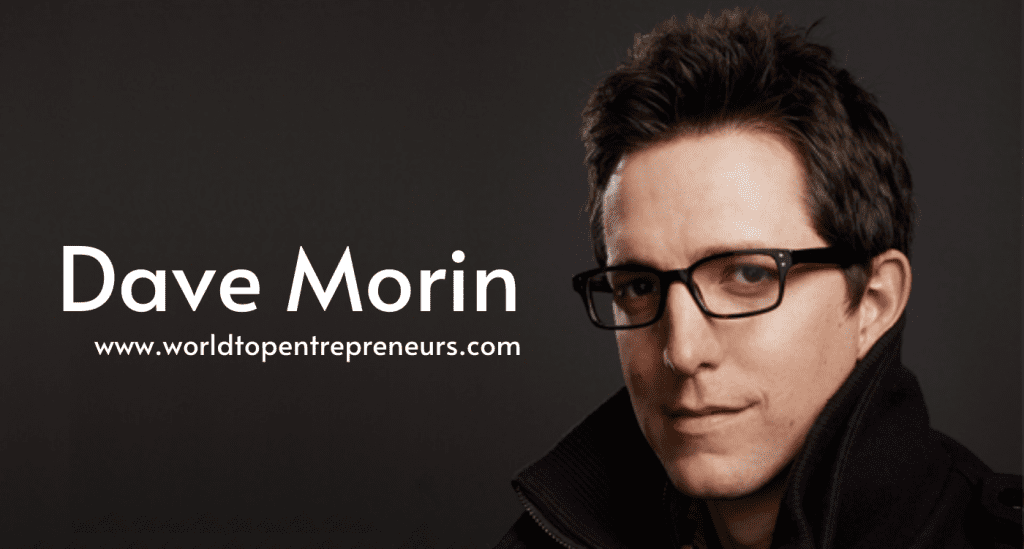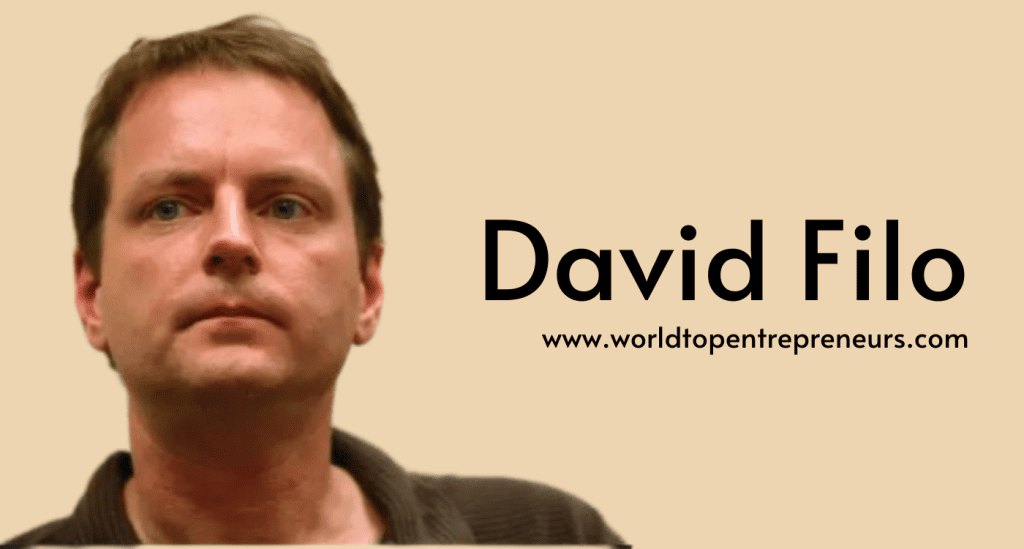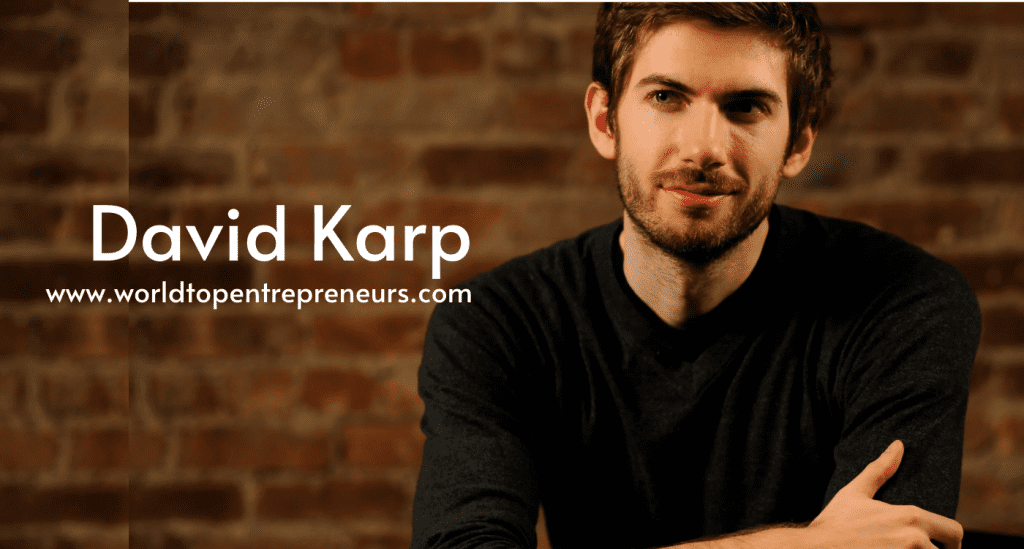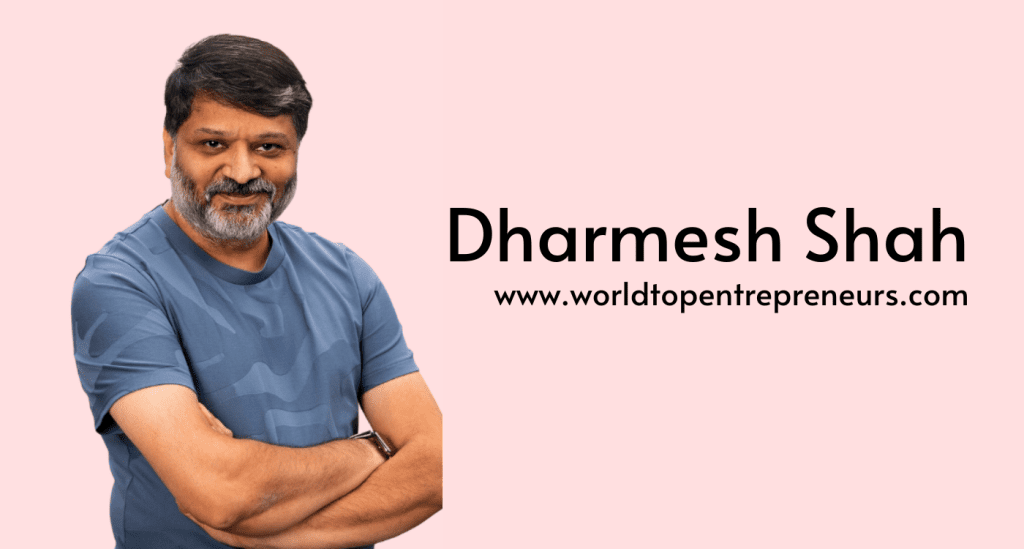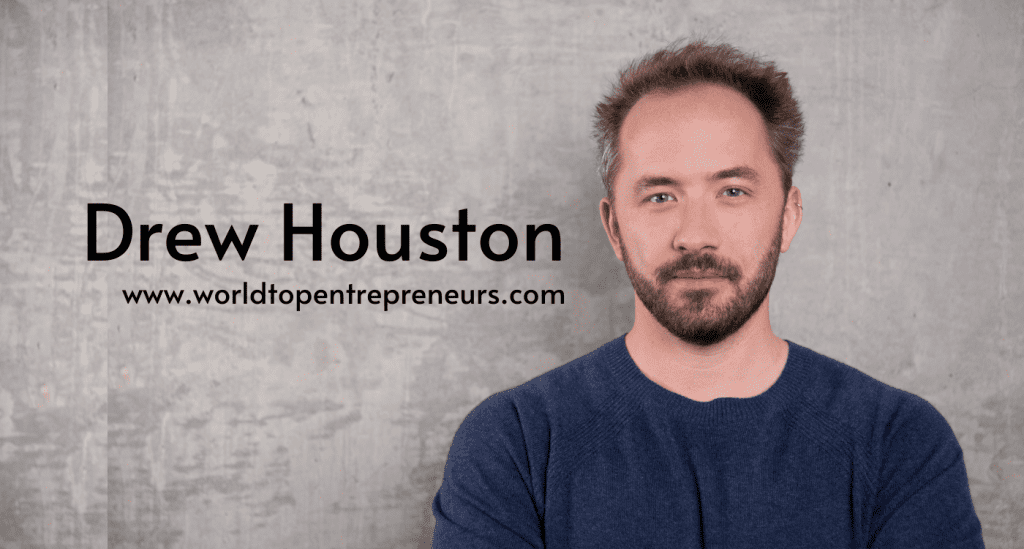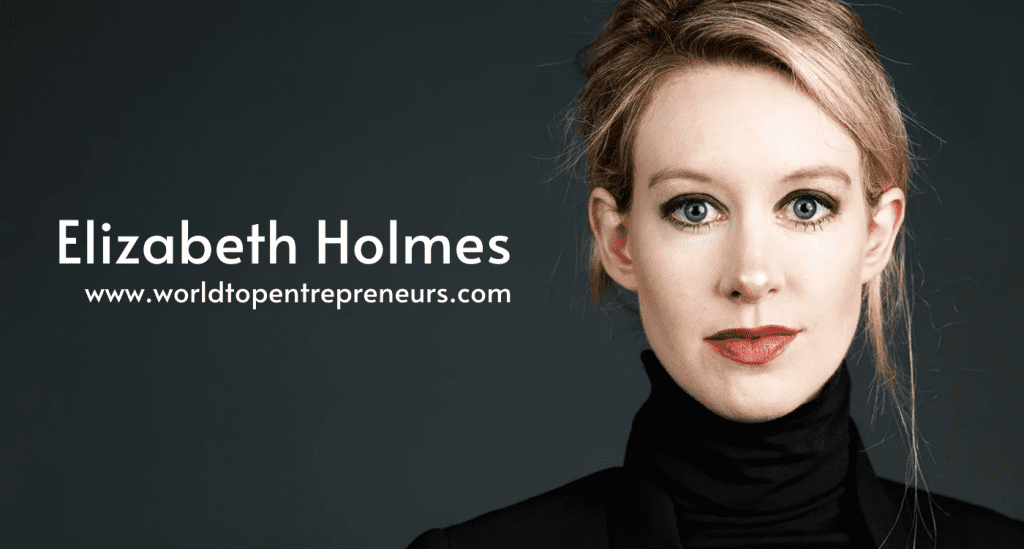Andrew Mason, a name synonymous with the meteoric rise and tumultuous fall of Groupon, is a figure as intriguing as the company he founded. Born in 1981 in Pittsburgh, Pennsylvania, Mason’s journey from a music major to a tech entrepreneur is a story of creativity, ambition, and resilience. This article delves into the life of Andrew Mason, exploring his background, the rise of Groupon, the challenges he faced, and his subsequent ventures. It’s a tale of innovation, leadership, and the relentless pursuit of new ideas.
Early Life and Education
Andrew Mason’s early life in the suburbs of Pittsburgh was marked by a fascination with technology and music. Growing up, he demonstrated a keen interest in how things worked, often taking apart gadgets to understand their inner mechanisms. This curiosity extended to his academic pursuits. Mason attended Northwestern University, where he initially majored in music. His choice was driven by a passion for the creative arts, yet his journey would soon take a decidedly different turn.
While at Northwestern, Mason’s entrepreneurial spirit began to emerge. He was involved in various projects and developed a knack for problem-solving. One pivotal moment was his involvement in a project that aimed to solve social issues through collective action. This idea would later form the foundation of his most famous venture, Groupon.
The Birth of Groupon
After graduating from Northwestern in 2003, Mason’s career path was far from conventional. He worked briefly in web design and even attempted to launch a few startups that didn’t quite take off. However, these experiences were invaluable in shaping his understanding of the tech industry and the startup ecosystem.
In 2006, Mason took a job at InnerWorkings, a company founded by Eric Lefkofsky, a successful entrepreneur and venture capitalist. Lefkofsky recognized Mason’s potential and provided him with a $1 million seed investment to pursue his own business ideas. This led to the creation of The Point, a platform designed to facilitate group action and social activism.
The Point’s concept was innovative but lacked a clear business model. However, it laid the groundwork for what would become Groupon. Mason and his team noticed that one of the most popular uses of The Point was for group discounts on products and services. This insight led to the pivot from The Point to Groupon in 2008.
Groupon’s concept was simple yet revolutionary: it offered daily deals to subscribers, providing significant discounts if a certain number of people agreed to purchase the deal. This “tipping point” model capitalized on collective buying power and created a sense of urgency and excitement among consumers.
The Meteoric Rise of Groupon
Groupon’s growth was nothing short of phenomenal. Within two years, the company expanded from its Chicago base to cities across the United States and eventually around the world. By 2010, Groupon was one of the fastest-growing companies in history, valued at over $1 billion.
Mason’s leadership style played a crucial role in Groupon’s success. Known for his unconventional approach, he fostered a culture of creativity and innovation. He encouraged his employees to think outside the box and take risks. This approach resonated with the company’s young, dynamic workforce and contributed to its rapid expansion.
One of the key strategies that fueled Groupon’s growth was its aggressive acquisition spree. The company bought numerous local deal sites around the world, quickly establishing a global presence. This strategy, combined with Mason’s vision and the company’s innovative business model, made Groupon a household name.
The Challenges and Criticisms
Despite its rapid rise, Groupon faced significant challenges. The company’s business model, while innovative, was not without flaws. Critics argued that the heavy discounts offered by Groupon deals were unsustainable and often resulted in losses for participating businesses. Many small businesses found that the influx of customers from Groupon deals did not lead to repeat business, leading to financial strain.
Moreover, Groupon’s rapid expansion put immense pressure on its infrastructure and management. The company’s aggressive growth strategy led to operational inefficiencies and quality control issues. As Groupon scaled, maintaining the same level of customer service and deal quality became increasingly difficult.
In 2011, Groupon went public with a highly anticipated IPO. The initial excitement quickly gave way to scrutiny as investors questioned the company’s profitability and long-term viability. Groupon’s stock price plummeted, and Mason faced mounting criticism from shareholders and the media.
The Fall and Departure from Groupon
By 2013, it became clear that Groupon was struggling to sustain its initial success. The company’s stock had lost much of its value, and internal challenges were mounting. On February 28, 2013, Mason was ousted as CEO. In a candid and widely publicized memo to employees, he acknowledged the company’s struggles and took responsibility for its shortcomings. “If you’re wondering whether I was fired, I was,” he wrote. “If you’re wondering why… you haven’t been paying attention.”
Mason’s departure marked a turning point for Groupon. The company underwent significant restructuring and shifted its focus from daily deals to becoming a broader e-commerce platform. While Groupon managed to stabilize and find a new direction, Mason’s exit was a stark reminder of the volatile nature of the tech industry.
Life After Groupon: A New Chapter
After leaving Groupon, Mason took time to reflect and recharge. Known for his humor and creativity, he released a quirky album titled “Hardly Workin’,” aimed at providing motivational music for office workers. This project, while unconventional, was a testament to Mason’s unique approach to life and business.
In 2014, Mason founded a new company called Detour, which created immersive, location-based audio tours. Detour’s innovative approach to storytelling through technology received positive reviews but struggled to achieve widespread commercial success. In 2018, Detour was acquired by Bose, a leading audio equipment manufacturer.
Mason’s entrepreneurial journey continued with the founding of Descript, a software company focused on audio and video editing. Descript’s AI-powered platform simplifies the editing process, making it accessible to a broader audience. The company’s innovative technology and user-friendly design have garnered positive attention and positioned Descript as a promising player in the tech industry.
Lessons Learned and Legacy
Andrew Mason’s story is one of resilience and reinvention. His journey from Groupon’s rise and fall to his subsequent ventures offers valuable lessons for aspiring entrepreneurs. Mason’s willingness to embrace failure, learn from it, and pivot to new opportunities is a testament to his entrepreneurial spirit.
One of the key takeaways from Mason’s experience is the importance of adaptability. In the fast-paced world of technology and startups, the ability to pivot and adjust to changing circumstances is crucial. Mason’s shift from The Point to Groupon and his subsequent ventures demonstrate his ability to recognize when a change is needed and act decisively.
Another lesson is the value of creativity and unconventional thinking. Mason’s approach to business has always been marked by a willingness to challenge norms and explore new ideas. This mindset has allowed him to innovate and create products that resonate with users.
Mason’s legacy is also a reminder of the challenges and pressures that come with rapid success. Groupon’s meteoric rise and subsequent struggles highlight the importance of sustainable growth and the need to balance innovation with operational efficiency. Mason’s experience underscores the need for strong leadership and a clear vision, especially during times of rapid expansion.
Conclusion
Andrew Mason’s journey from a music major in Pittsburgh to the CEO of one of the fastest-growing companies in history is a compelling story of ambition, innovation, and resilience. His rise to prominence with Groupon, the challenges he faced, and his subsequent ventures offer valuable insights into the world of entrepreneurship.
Mason’s story is far from over. His ongoing work with Descript and other projects continues to showcase his passion for technology and creativity. As he navigates new challenges and opportunities, Mason remains a figure to watch in the tech industry.
In the end, Andrew Mason’s journey is a testament to the power of ideas, the importance of adaptability, and the enduring spirit of entrepreneurship. It’s a story that inspires and reminds us that even in the face of failure, there are always new opportunities waiting to be explored.
















